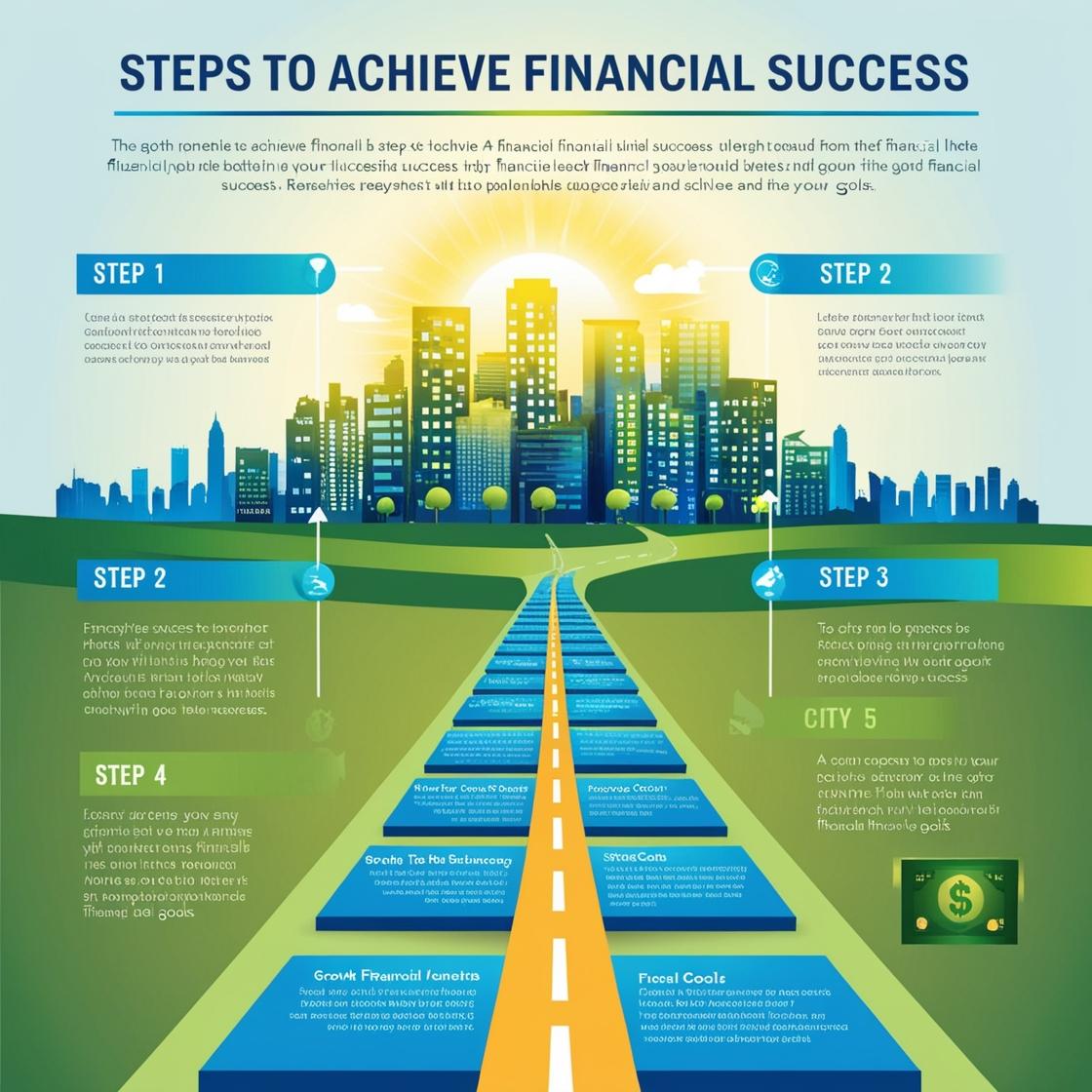In today’s fast-paced world, financial literacy is not just an option but a necessity for achieving lasting success. As highlighted in Robert Kiyosaki’s seminal book, Rich Dad Poor Dad, understanding how money works can transform your financial future. While traditional education often focuses on how to earn a paycheck, financial education emphasizes how to make your money work for you. This distinction is crucial in navigating the complexities of personal finance and investing.
The Core Principle: Making Money Work for You
Traditional education systems excel in teaching us essential academic and professional skills, but they often fall short in preparing us for financial independence. Most people learn to work for money rather than understanding how to make their money work effectively. Financial education bridges this gap by focusing on concepts like asset building, investment strategies, and money management.
Understanding these principles is not just about increasing your income but about developing a mindset that seeks financial growth and independence. It’s about shifting from earning a salary to building wealth through smart investments and strategic financial planning.
How to Invest in Financial Education
Investing in your financial education involves several key steps:
- Read Widely: Books are a fantastic starting point for financial education. While Kiyosaki’s Rich Dad Poor Dad is an excellent resource, there are many other books that can expand your understanding. Consider titles like The Intelligent Investor by Benjamin Graham, Think and Grow Rich by Napoleon Hill, and Your Money or Your Life by Vicki Robin.
- Attend Seminars and Workshops: Financial seminars and workshops offer interactive learning experiences. They provide opportunities to hear from experts, ask questions, and network with like-minded individuals. Websites like Eventbrite and Meetup often list financial education events in various locations.
- Seek Mentorship: Learning from someone who has achieved financial success can be invaluable. Look for mentors who can offer guidance based on real-world experience. Networking within financial communities, such as local investment clubs or online forums, can help you find potential mentors.
- Explore Online Resources: The internet is a treasure trove of information on financial education. Websites like Investopedia, NerdWallet, and The Motley Fool offer comprehensive guides and articles on various financial topics. YouTube also features numerous channels dedicated to financial education, including Graham Stephan and Dave Ramsey.
- Utilize Financial Tools and Apps: Many apps and tools are designed to help you manage and grow your finances. Platforms like Mint for budgeting, Robinhood for investing, and Acorns for micro-investing can provide practical experience in managing your money.
The Long-Term Benefits of Financial Literacy
Investing time in financial education has numerous long-term benefits. It equips you with the knowledge to make informed decisions, avoid common financial pitfalls, and achieve financial goals more efficiently. Financially educated individuals are better prepared to handle economic challenges, plan for retirement, and create wealth-building strategies.
Moreover, financial literacy fosters a proactive approach to money management. Instead of reacting to financial issues, you can anticipate and address them with confidence and foresight.
Conclusion
Financial education is not merely an academic pursuit; it is a practical tool for achieving financial stability and success. By dedicating time to learn about money management, investment strategies, and financial planning, you empower yourself to take control of your financial future. Embrace the journey of financial education, and watch as your financial outlook transforms into one of confidence and independence.
For more resources on financial literacy and personal finance, explore the websites and books mentioned, and remember that the journey to financial success starts with understanding and taking charge of your money.




